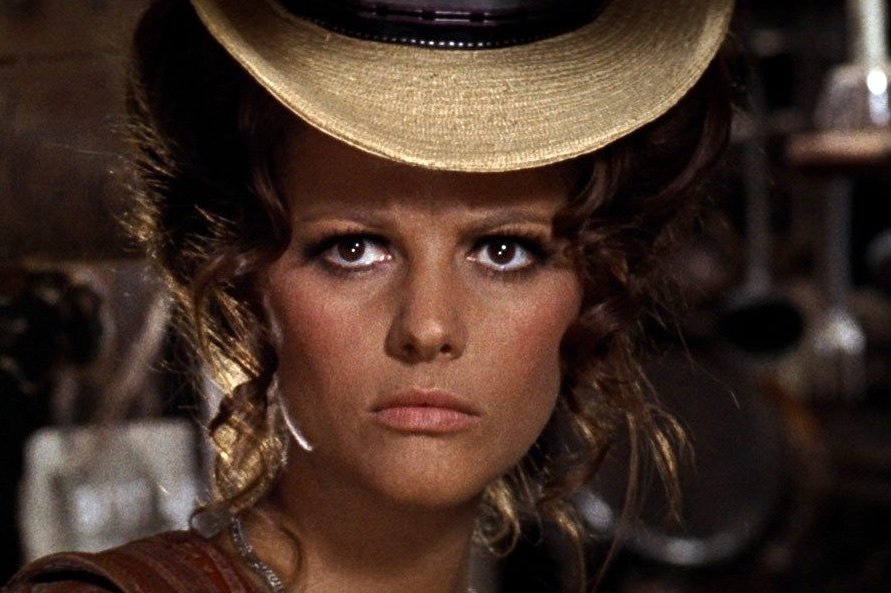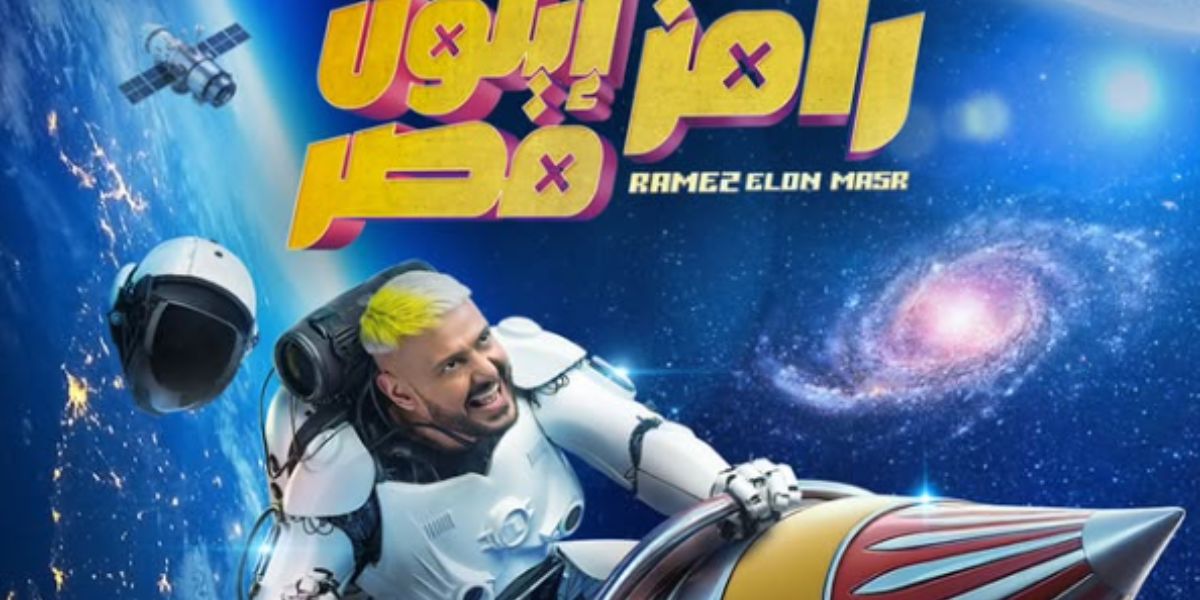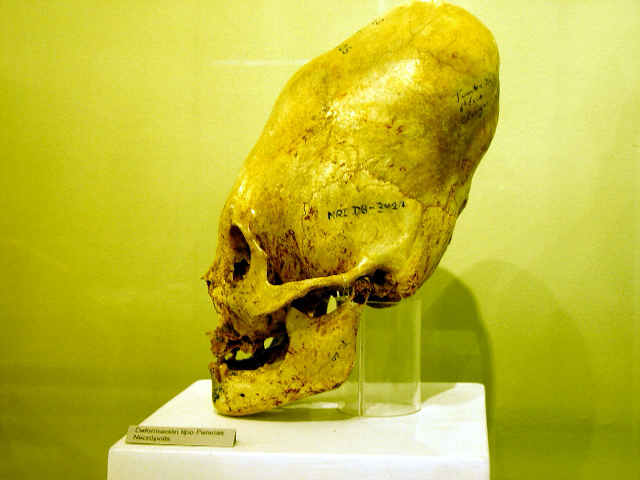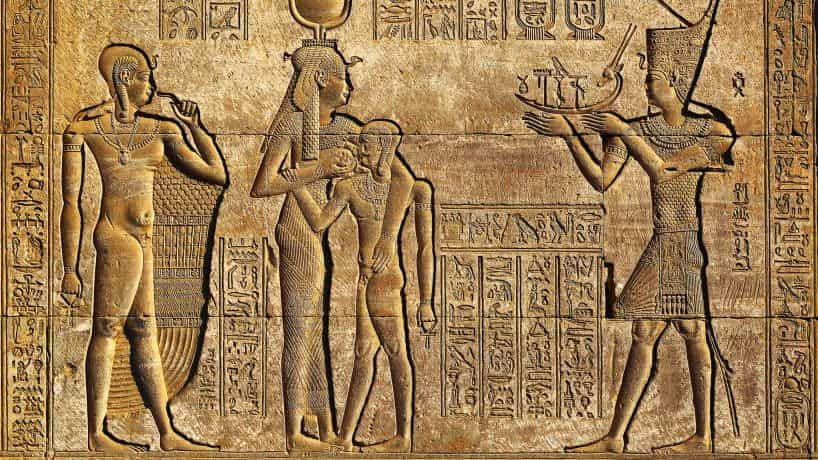
I just finished Sandra Serage’s What If (2023). I hadn’t seen it at the Cairo International Book Fair, so I just had to get it. The title was undoubtedly science-fictiony enough, and the cover had a parallel universe feel but with a distinctly ‘Egyptian’ romantic twist.
By Emad Aysha
Again, I simply had to get it, and I was looking forward to something written by a woman for a change.
It’s under 200 pages long but quite a meaty text, so not something you can rush through. And it’s very well written. Stylistically smooth and eloquent and also innovative in terms of narrative.
It’s told from a series of subjective viewpoints from different narrators or texts written by a central character confessing something about themselves or their relationship with the narrator.
Initially, the story begins from the point of view of Shams (meaning sun in Arabic), a scientist talking in the first person about his childhood and how much of a disappointment he was to his mother, who named him after Sham Tabrizi, the great Sufi poet and mystic.
Instead, he’s as cold as a fish, dedicating his life to knowledge, not caring much for others, and seeing himself as superior. This is an interesting character study and a rarity in Arabic science fiction. There you either have idealist heroes or mad scientists with hardly anything in between, except maybe for the likeable blue-collar rogue.
My only quibble is that the guy is amazingly religious and sees evidence of God’s wisdom in his creation through his studies, which doesn’t quite fit the character profile – but it makes sense in the end. The man becomes obsessed with parallel universes, lamenting his childhood losses and inability to get the girl, and finds a way to pass through wormholes unharmed. The universe he enters has many of the same people, but everything’s a little askew.
The moon is more significant and brighter, and more romantic. Spaghetti’s source is purple in this world, not red, and he finds his equivalent self to have a more prominent family and slightly better love life and to have decided to pursue art instead of science.
He had the same mathematical abilities as Shams no. 1 but saw it made him unpopular as a kid and went into art. The keystone of the story, however, isn’t Shams meeting himself but meeting his other half, a woman named Ishq (love or passion in Arabic) and succeeding where his double-ganger Shams 2 failed.
In the many confrontations with his alternate himself, he discovers that Shams 2 has travelled himself into alternate worlds and that there are an infinite number of them; however, no proper explanation is given as to how he can do this.
Ishq has many alternate versions of herself, some of whom are dead, killed off in honour crime for refusing to marry a cousin if I surmised correctly. You can tell she’s the real focal point of the plot, although this never detracts from Shams and his altercations with himself.
Being a woman didn’t stop the author from tilting in favour of one character over another out of gender bias, and she understands us guys quite well, I’m glad to say. Especially the egotistical variety of the dude, without outwardly trashing him. That’s a rarity in much Arabic literature too.
The story slows down quite a bit, however, in the last third of the novel with a very long chapter, the one before the previous, and the three alternate Shams characters up against each other, with their own set of personality quirks and antagonisms and how she fits into everyone.
In a bizarre turning point scene, Ishq evaporates in front of their eyes, and you’re told she never existed. Many Arabic SF stories and Egyptian movies with fantasy elements have this belated plot twist where the hero realises.
Sandra did a good job here. The moral lesson might be a bit cheesy, but you have a happy ending where the hero realises how lucky he was. And you can imagine which female character is there with him to help him reconciles himself with himself.
While teaching at the American University in Cairo, I used a Stephen King story, “Word Processor of the Gods” (1983), as a homework assignment. Boy, I got different reactions from girls compared to boys. The hero with the lousy life and wife types something on the computer screen and changes the real world on the counterfactual-alternate history model.
Male students loved the story since the guy wished away his (obnoxious, demanding, unloving) wife and his violent elder brother. Ladies, however, hated it and said he should learn to accept that things are how they are for religious reasons.
Even so, the psychological explanation for the alternates is excellent and doesn’t count as a copout. It’s also great that technology is the great facilitator here, an updated Sufi parable for this dilapidated day and age.
You can disagree as a man but still salute, which I, in fact, do.






